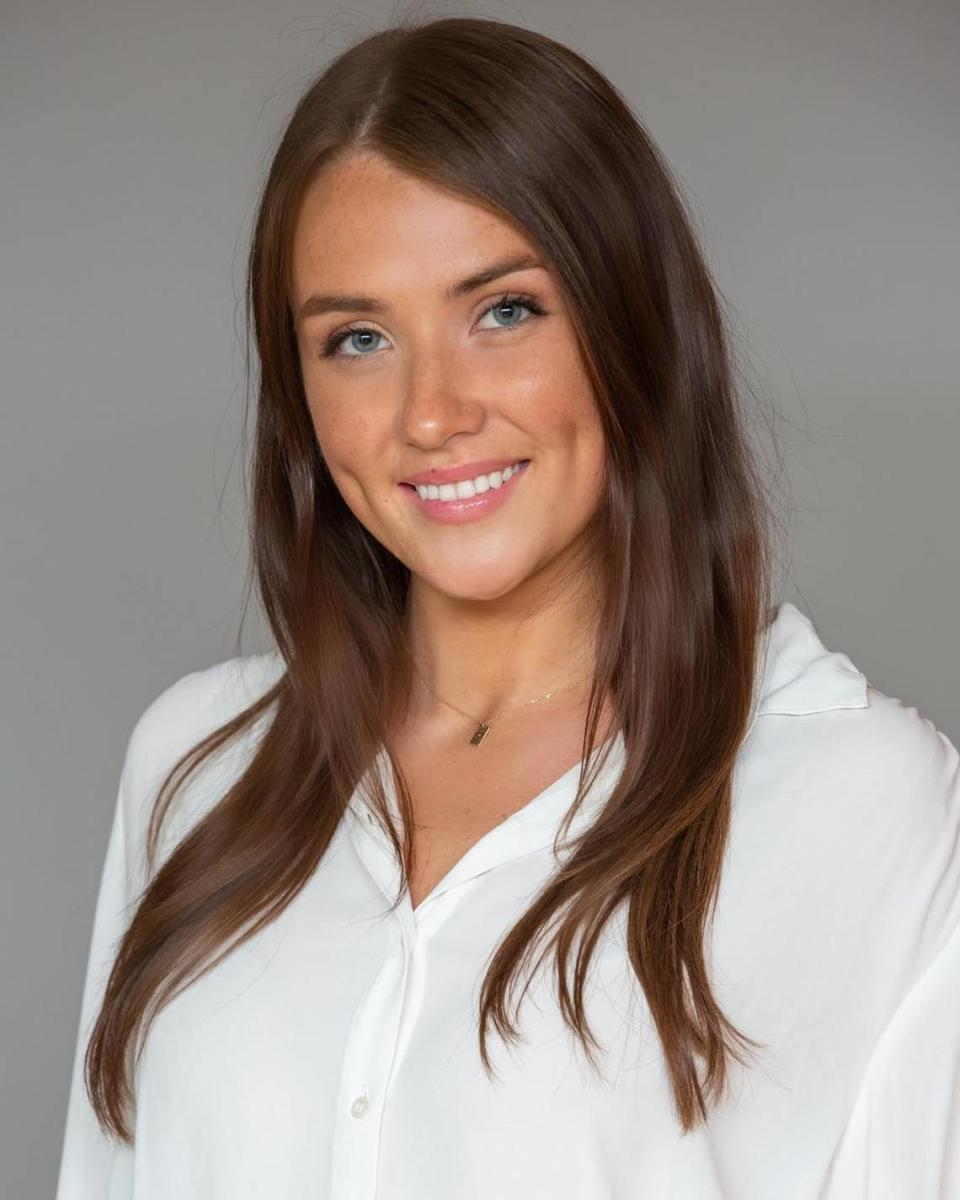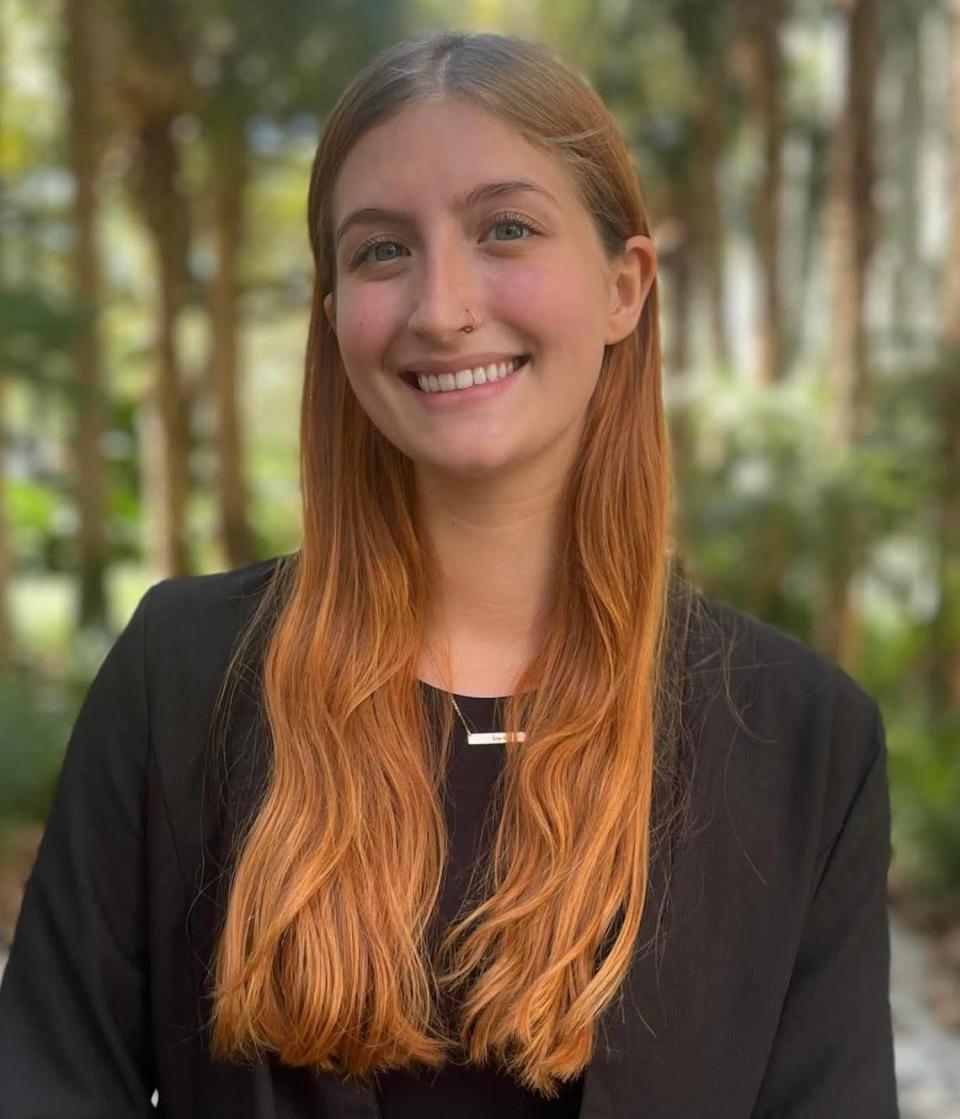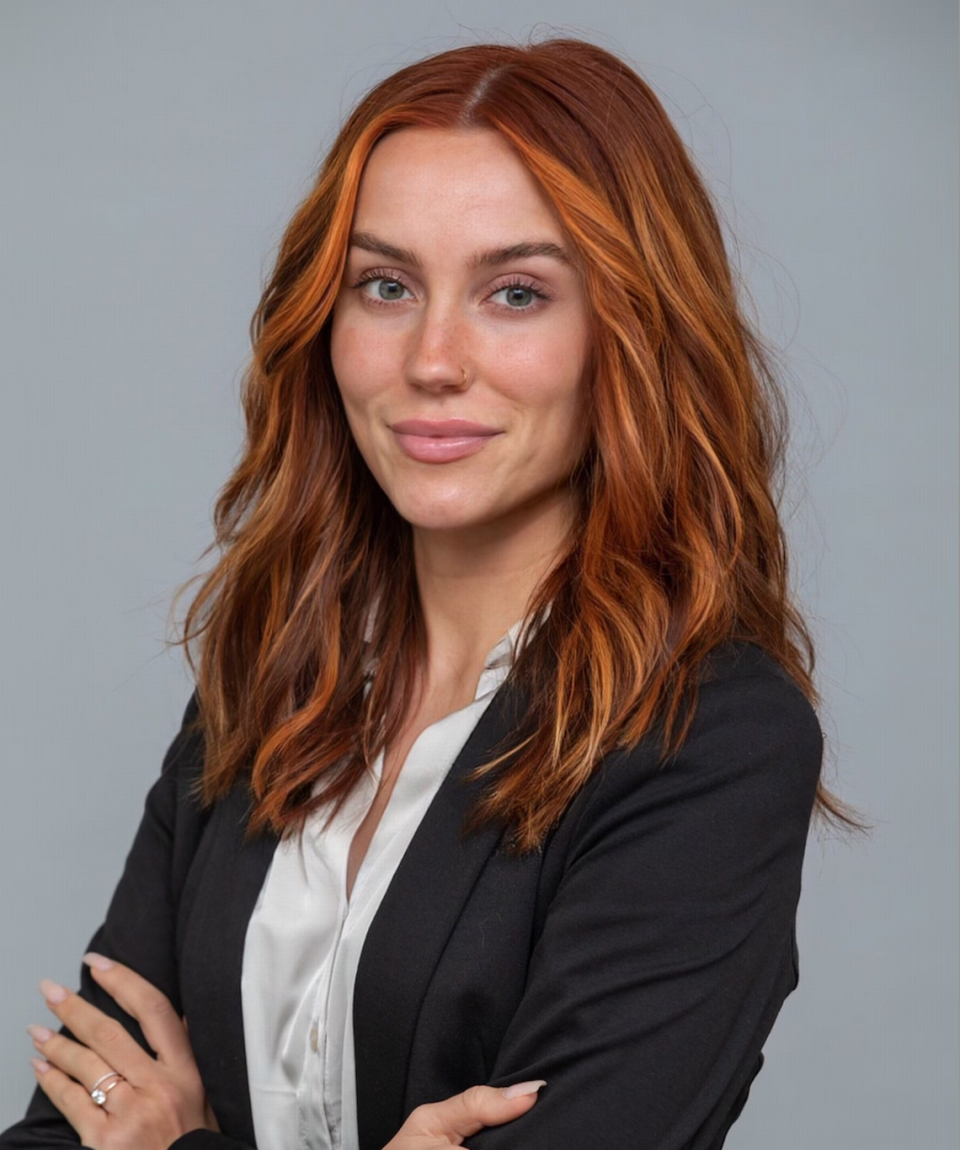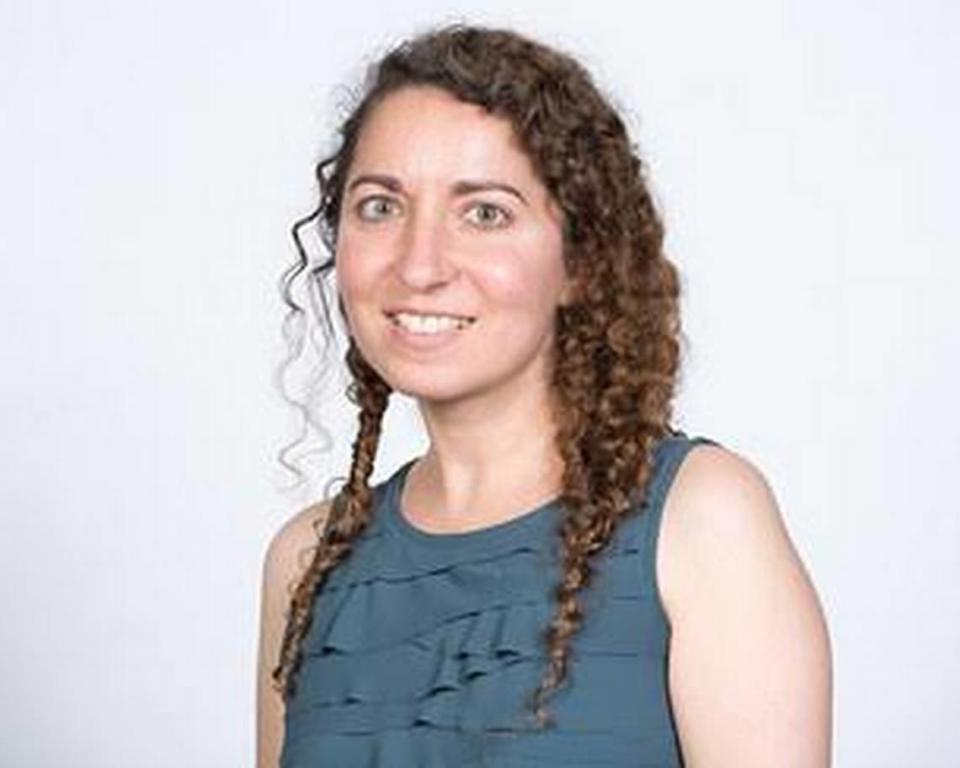Surfside’s attempt to criminalize soap is latest attack on homeless people | Opinion
Surfside’s proposed ordinance criminalizing hygiene sinks to a new low in a counterproductive attack on our homeless population.
Greater Miami is known for its lively nightlife and beautiful beaches, but behind the scenes of the experience sold to tourists are abuses inflicted on our most vulnerable residents. This area is the second most expensive city in the United States, and the lack of access to housing or adequate shelter leaves many with no option other than to live on the street. However, rather than addressing the housing crisis or providing social services, Miami has chosen to criminalize people for simply trying to survive.
In June 2020 with the onset of COVID, the city of Miami criminalized food sharing, or the feeding of groups of people without a permit and at non-designated locations. Then, in October 2021, Miami banned homeless encampments, displacing people trying to sleep and live. In sweeping encampments, law enforcement routinely destroys the few belongings people have. We found that that ashes of one woman’s mother were thrown out; others lost medication and identity documents. A recent study found a 12% rise in hospital admissions after a sweep.
The Surfside proposal would go further. Not only does it seek to criminalize sleeping or camping on the beach, it would also prohibit soap or shampoo in beach showers, as well as washing clothes. Such a policy is both dehumanizing and bad for public health.
Rob Robinson, now a senior advisor with Partners for Dignity and Rights, recalls more than two years of homelessness in Miami after losing his job. “I spent most nights sleeping alongside a condo building in Miami Beach. I would rise every morning about 4 a.m. and walk to a beachfront shower.
“On one occasion, a police car pulled up. When I completed my shower, the cop blew his horn and motioned for me to come over. To my surprise, he handed me a doughnut, muffin and cup of coffee and wished me good luck.” Robinson mused that sometimes officers have more empathy than elected officials or the laws they enforce.
These small moments of humanity are critical. Homelessness involves trauma. It is not a choice. Robinson recounts accusations: “ ‘You’re homeless because you don’t want to work.’ ‘You’re homeless because you don’t have an education.’ ‘You’re homeless because you have a chemical addiction.’ ‘You’re homeless because you have mental illness.’ None of those things fit me.”
Ray Taseff, an attorney with the Florida Justice Coalition, explains, “A lot of people experiencing homelessness are simply people living check to check. And they’re one family tragedy, one job loss, one injury on the job or illness away from a home.” In one of Taseff’s cases, 34 unhoused people testified: “A third of them worked every day. They would go to labor centers; they would do day jobs. Some of them had steady jobs, but they just had nowhere to stay. They couldn’t get past that initial down payment.”
Not only is criminalizing life-sustaining activities, which people have no choice but to do in public, an affront to basic human rights, but it is also counterproductive. Criminalization compounds the trauma of homelessness and traps people in a cycle of poverty. Fines make it harder for people to afford food or medicine and can lead to incarceration when they can’t pay. A criminal record can then prevent people from accessing housing and employment.
Criminalization is an expensive way to make homelessness worse. It costs three times more to enforce anti-homeless laws than to find housing for people without it.
As such, criminalization perpetuates poverty and fails to address the root causes of homelessness. Ray Taseff points to “the inhumanity of taking people off the streets who are not committing a crime but are merely asking for help and incarcerating them as a means of social control.”
Instead of trying to ostracize people experiencing homelessness, cities should offer resources to help them break the cycle of poverty, get back on their feet and find long-term housing. In Boston, for example, this was implemented through Mayor Michelle Wu’s “whole person,” cross-sector approach to end homelessness.
In Greater Miami, it is time to recognize homeless people’s humanity and advance real solutions.
Katherine Murray and Sarah Walters are legal interns at the University of Miami’s Law’s Human Rights Clinic. Taylor Moore is a clinic fellow. Prof. Tamar Ezer is the clinic’s acting director.





